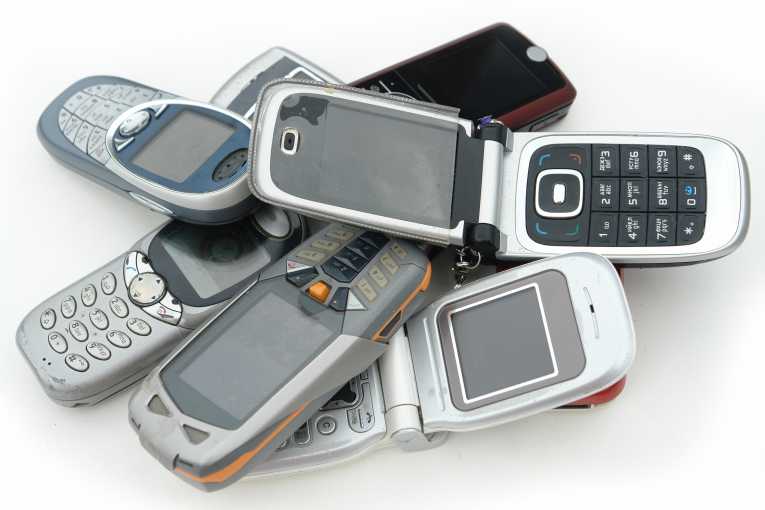An 18 month investigation has uncovered UK firms dumping thousands of tonnes of illegal e-waste in west Africa.
Instead of recycling old computers, PCs, printers, telephones, mobile phones and stereos, waste management companies are accused of selling the goods to countries like Nigeria and Ghana.
Under European Union regulations, the goods are supposed to be properly recycled either in the UK or another developed country.
The Environmental Investigation Agency (EIA), which lead the investigation, began working undercover in 2009. They set up a front company enabling them to negotiate with firms involved in the export and trading of e-waste. The investigation found in many cases the goods bypass customs as the waste is mislabelled. At two recycling sites in the south east, the EIA tracked TVs, deliberately disabled, which then ended up in Nigeria and Ghana showing they were not tested prior to export.
75% of the electronic equipment arriving in West Africa, the EIA claims, is broken. Half a million computers land in Nigeria each month and demand from consumers is so high they are willing to buy untested items.
The goods are also broken down to their sellable parts, extracting for example copper wires. However scavengers expose themselves to potentially dangerous toxic chemicals like mercury and lead.
In February, the EU called for much stricter rules to control the 8 million tonnes of e-waste (or electronic waste) generated by member states. Three quarters of it is unaccounted for. Only a third of waste is collected by member states, the European Parliament wants that to increase in 86% by 2016.
The EIA is calling for a full review of contracts and for better audited records of recycling sites to be kept. They want to Environment Agency to tighten their procedures for licensing authorised treatment facilities and contractors, including more spot checks.
Fin Walravens, the EIA's Senior campaigner says, ''EIA's work clearly demonstrates the UK's failure to take it environmental responsibility seriously. Our e-waste isn't a new problem and it isn't going to go away. It's time for the government and enforcement agencies to give this issue the resources and attention it warrants''.
Image Credit Top: © Aleksey Bakaleev










